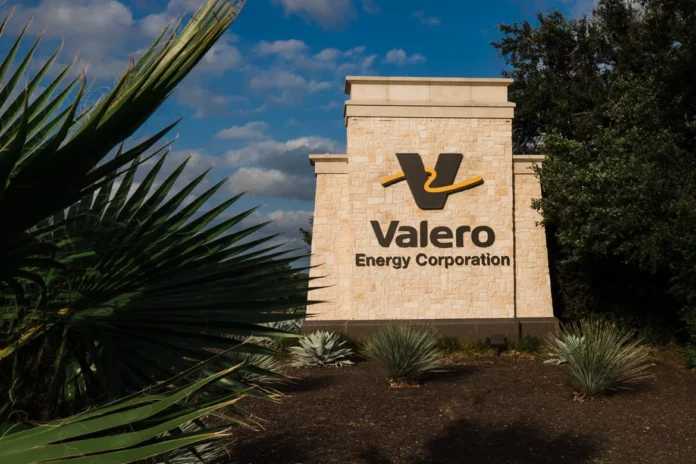San Antonio-Based Energy Titan Takes Legal Action
In an ongoing battle with the IRS, Valero Marketing and Supply Co., a division of energy heavyweight Valero, has escalated matters to a Texas federal court. The lawsuit, filed this Wednesday, revolves around a substantial claim of $75 million in excise tax refunds. Valero argues that the IRS has not recognized certain fuel productions, including butane blends and biomass derivatives, as eligible for the alternative fuel mixture credit.
Unrecognized Credits Spark Legal Challenge
The crux of Valero’s complaint is the assertion that its innovative fuel mixtures from the third quarter of 2014 are undisputedly alternative fuels under Internal Revenue Code Section 6426(e). This claim is not without precedent; in 2021, Valero received confirmation from a Texas federal court regarding the eligibility of certain biomass-derived fuels, such as animal fats and used cooking oil, for the fuel mixture credit.
Adding another layer to their refund request, Valero seeks an additional $1 million for alleged overpayments into an oil spill liability fund. The company contends that taxes were inappropriately levied on tar sands and synthetic petroleum, arguing these substances do not present substantial spill risks due to their viscosity.
Valero Seeks $75M In Tax Refunds For Fuel Mixtures. A History of Disputes and Litigation
This legal motion is part of a broader narrative of disputes between Valero and federal tax authorities. Despite submitting amended quarterly returns in 2017 seeking these refunds, the IRS has yet to either pay out or formally dispute the claims. “This suit has become necessary because the government for years has failed to abide by the unambiguous definitions in the statute,” Valero stated in the complaint, signaling a deep frustration with the IRS’s inaction.
Valero Seeks $75M In Tax Refunds For Fuel Mixtures. Alternative Fuels at the Heart of the Dispute
Valero’s pioneering use of alternative fuels is well-documented in the lawsuit. The company utilized a mixture of butane with propane, propylene, and ethane—components it believes should be recognized as alternative fuels under tax statutes. Moreover, Valero has made a protective claim regarding its butane-gasoline mixtures, a subject of contention in previous court rulings.
Potential Future Implications
The outcome of this case could set significant precedents for how alternative fuels are taxed and regulated. With a history of mixed judicial outcomes, Valero remains steadfast, perhaps hoping for a shift in judicial interpretation or even a review by higher courts.
Representation and Litigation Details
Valero is represented by Adam P. Feinberg, Robert J. Kovacev, and Andrew L. Howlett of Miller & Chevalier Chtd. The case, filed under Valero Marketing and Supply Co. v. U.S., carries case number 5:24-cv-00431 and is being heard in the U.S. District Court for the Western District of Texas. As the legal proceedings unfold, the energy sector and legal communities will undoubtedly keep a close watch, given the implications for tax policy and energy production practices.



